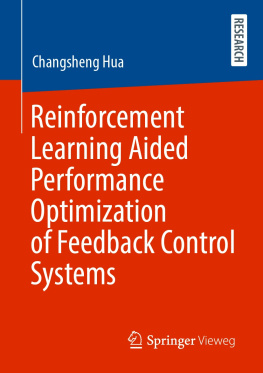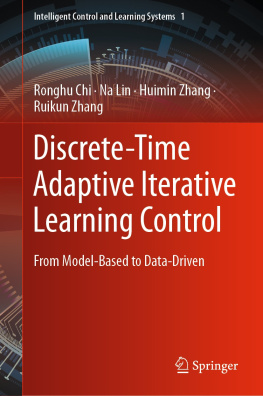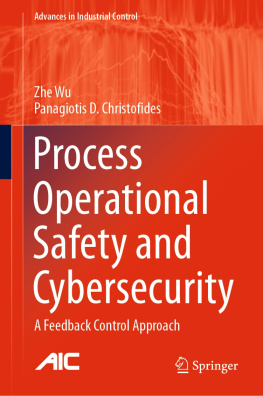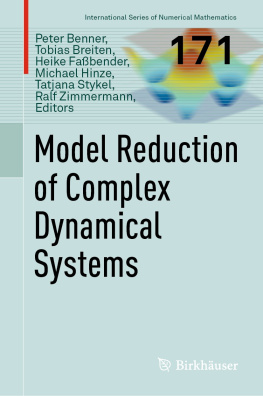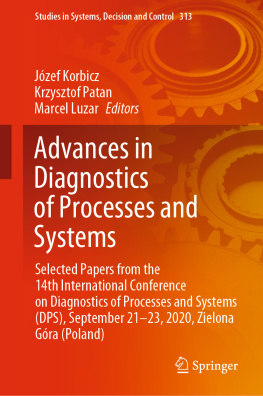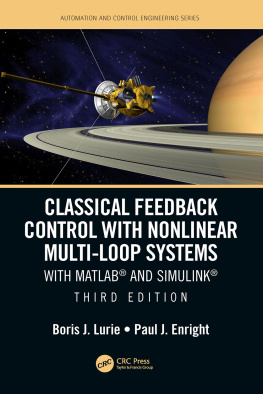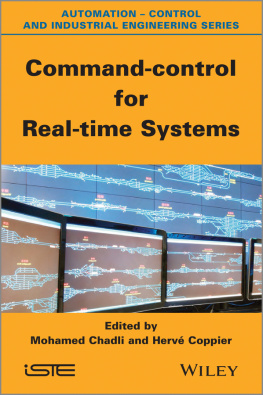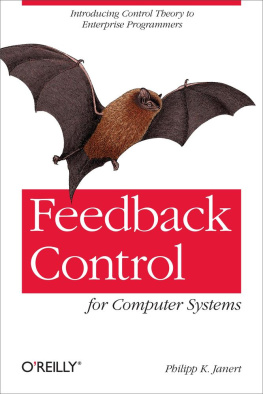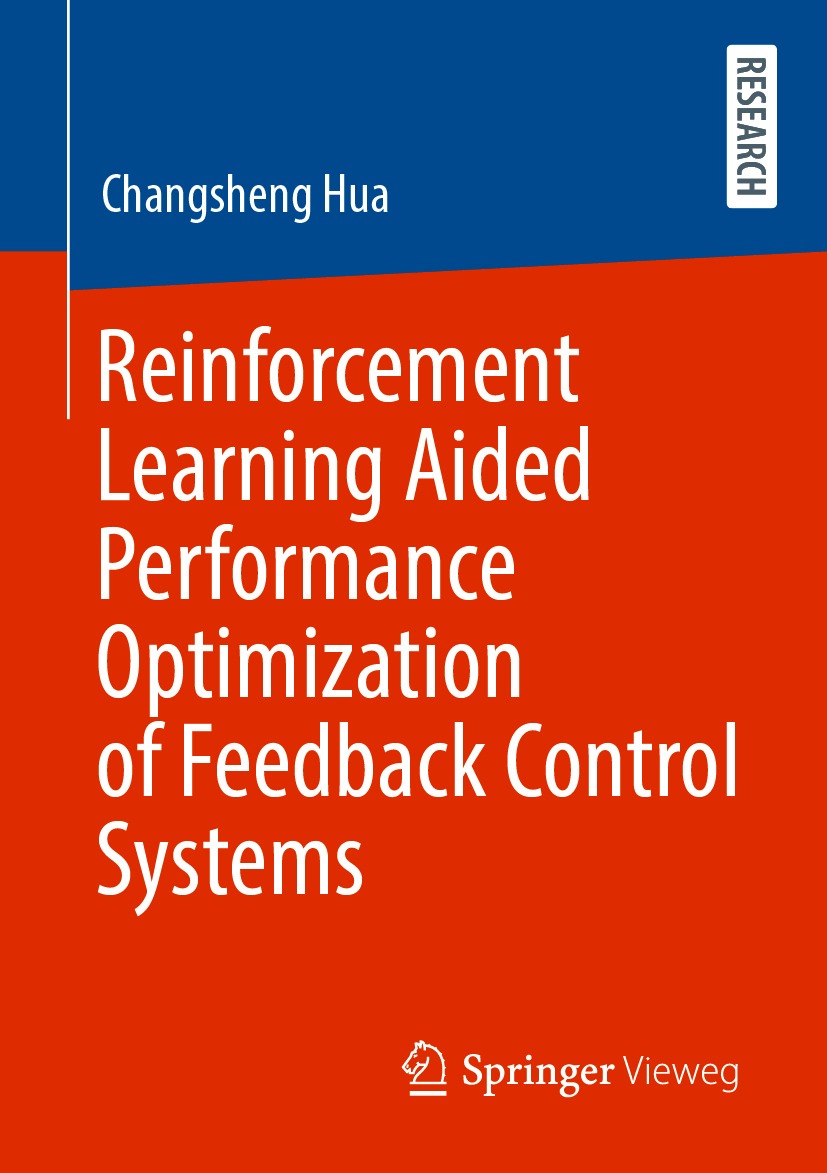Changsheng Hua - Reinforcement Learning Aided Performance Optimization of Feedback Control Systems
Here you can read online Changsheng Hua - Reinforcement Learning Aided Performance Optimization of Feedback Control Systems full text of the book (entire story) in english for free. Download pdf and epub, get meaning, cover and reviews about this ebook. City: Wiesbaden, year: 2021, publisher: Springer Vieweg, genre: Computer. Description of the work, (preface) as well as reviews are available. Best literature library LitArk.com created for fans of good reading and offers a wide selection of genres:
Romance novel
Science fiction
Adventure
Detective
Science
History
Home and family
Prose
Art
Politics
Computer
Non-fiction
Religion
Business
Children
Humor
Choose a favorite category and find really read worthwhile books. Enjoy immersion in the world of imagination, feel the emotions of the characters or learn something new for yourself, make an fascinating discovery.
- Book:Reinforcement Learning Aided Performance Optimization of Feedback Control Systems
- Author:
- Publisher:Springer Vieweg
- Genre:
- Year:2021
- City:Wiesbaden
- Rating:4 / 5
- Favourites:Add to favourites
- Your mark:
Reinforcement Learning Aided Performance Optimization of Feedback Control Systems: summary, description and annotation
We offer to read an annotation, description, summary or preface (depends on what the author of the book "Reinforcement Learning Aided Performance Optimization of Feedback Control Systems" wrote himself). If you haven't found the necessary information about the book — write in the comments, we will try to find it.
Changsheng Hua proposes two approaches, an input/output recovery approach and a performance index-based approach for robustness and performance optimization of feedback control systems. For their data-driven implementation in deterministic and stochastic systems, the author develops Q-learning and natural actor-critic (NAC) methods, respectively. Their effectiveness has been demonstrated by an experimental study on a brushless direct current motor test rig.
The author:
Changsheng Hua received the Ph.D. degree at the Institute of Automatic Control and Complex Systems (AKS), University of Duisburg-Essen, Germany, in 2020. His research interests include model-based and data-driven fault diagnosis and fault-tolerant techniques.Changsheng Hua: author's other books
Who wrote Reinforcement Learning Aided Performance Optimization of Feedback Control Systems? Find out the surname, the name of the author of the book and a list of all author's works by series.

